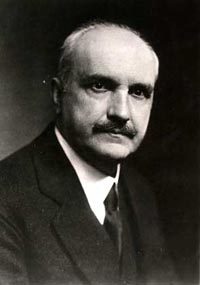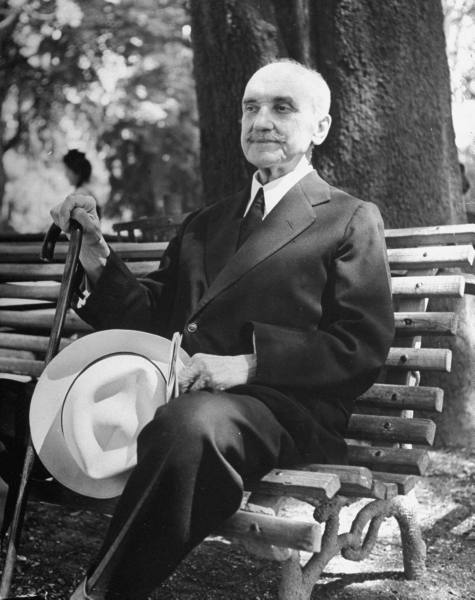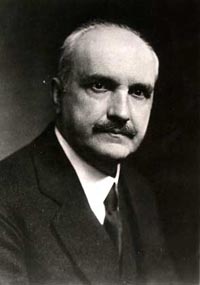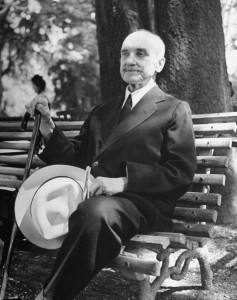 To Richard Colton Lyon
To Richard Colton Lyon
Via Santo Stefano Rotondo, 6
Rome. March 1, 1949
The element of existence belongs to the self and leaves the idea to be, as in Plato, ideal: a visionary term or a form. It seems to me that a perception (which in so far as it is spiritual I call an intuition) is either, behavioristically, a reaction in the body to a physical stimulus, or a moment of spirit, spirit for me not being a substance but a flash of feeling in a psyche, intermittent and immaterial. This psyche or self in its animal life, when especially attentive, emits this immaterial cry, and sees this immaterial idea. A pure sound, as heard, and a pure light, as seen do not seem to me to be anything but illusory phenomena, signs for the spirit of the body and the world in which it is incarnate. They do not exist except as features or qualities in its own moral, immaterial, volatile life.
From The Letters of George Santayana: Book Eight, 1948-1952. Cambridge, MA: The MIT Press, 2008.
Location of manuscript: The Houghton Library, Harvard University, Cambridge MA.
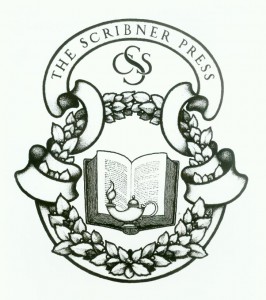 To Charles Scribner Jr.
To Charles Scribner Jr.



